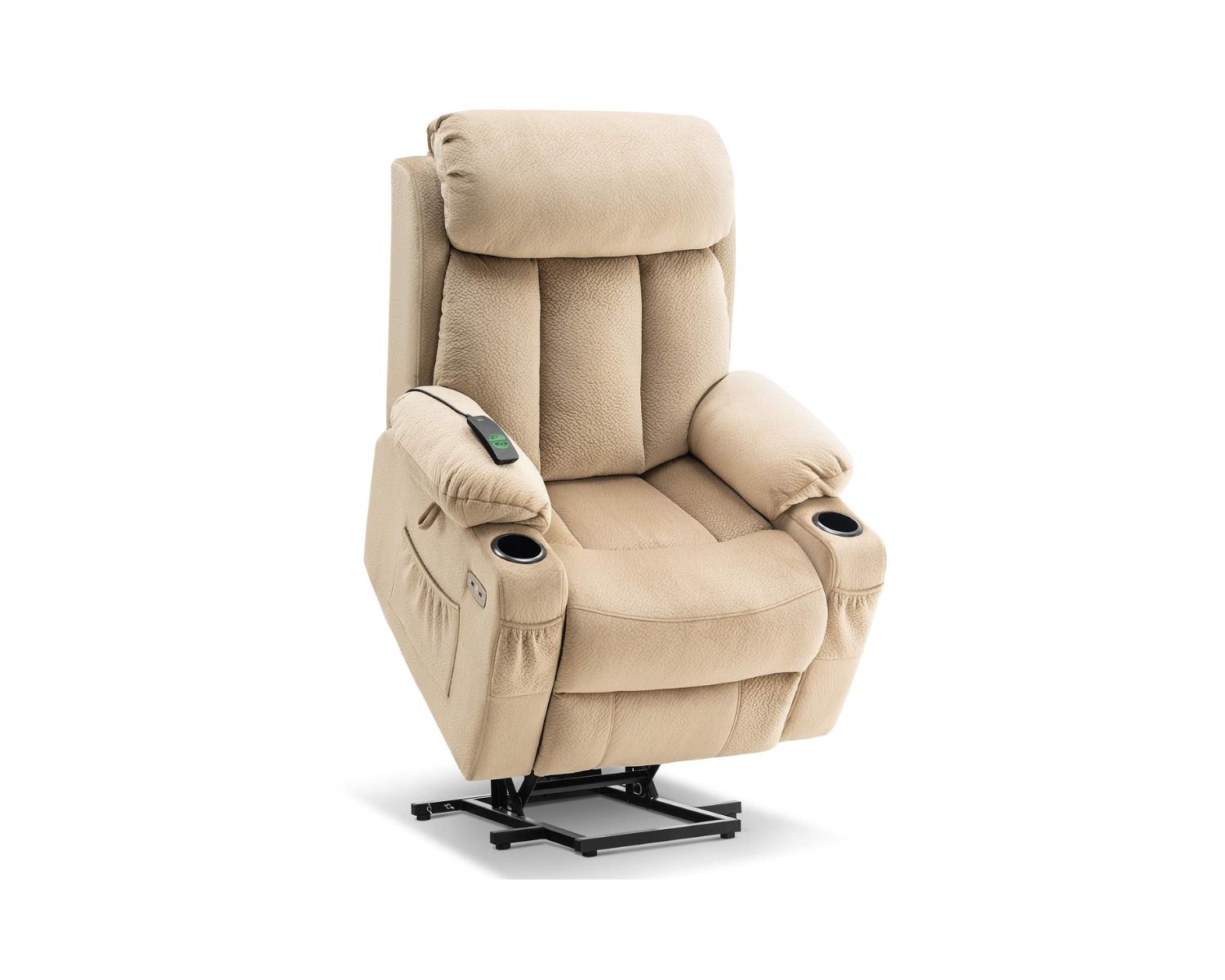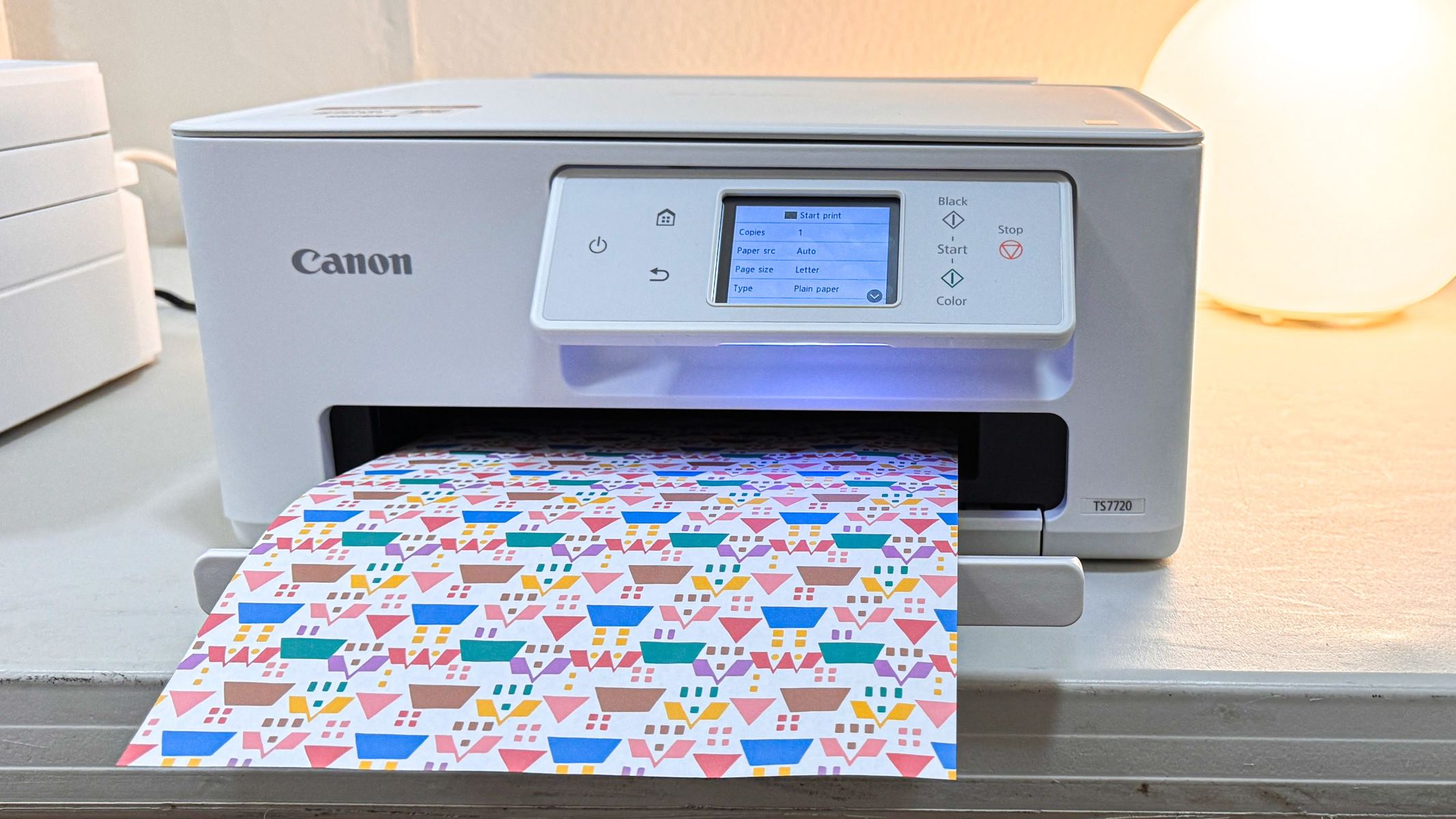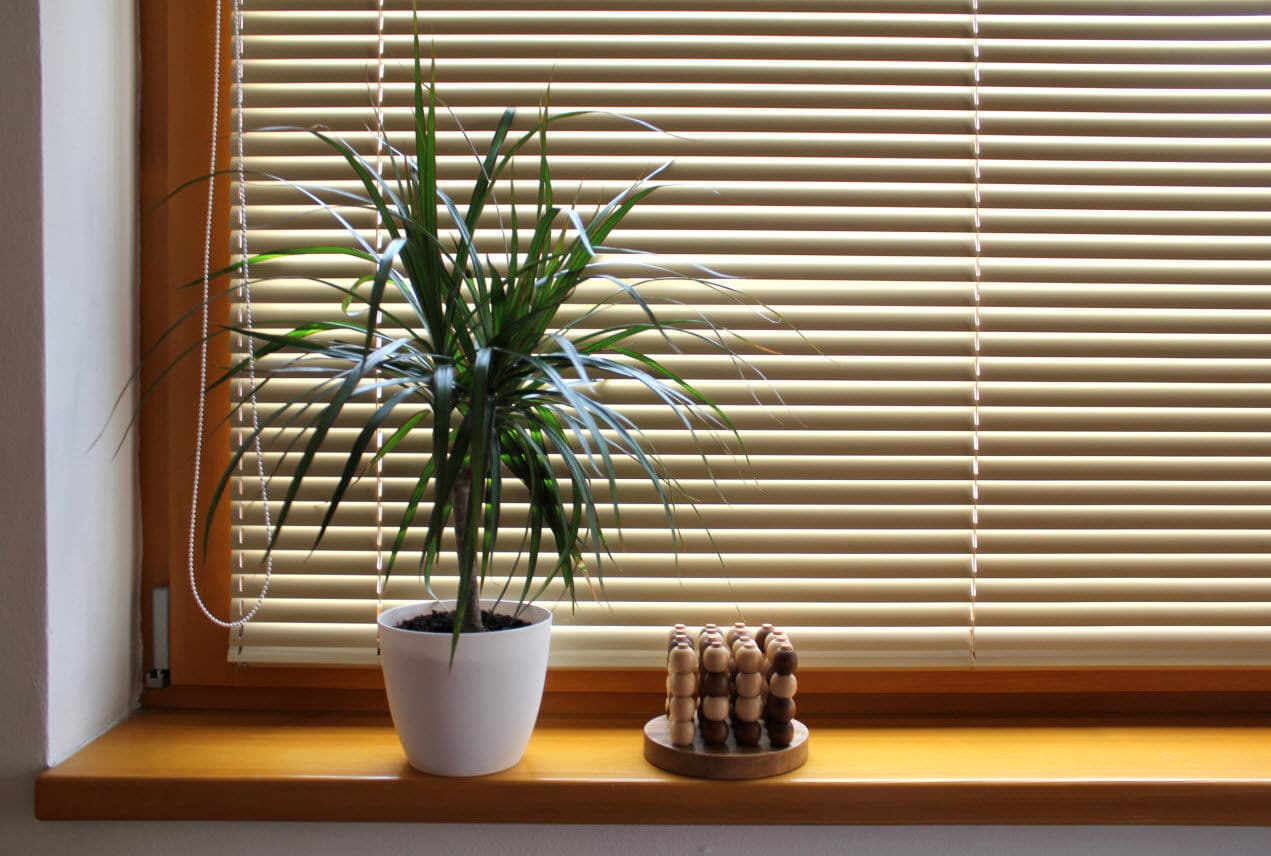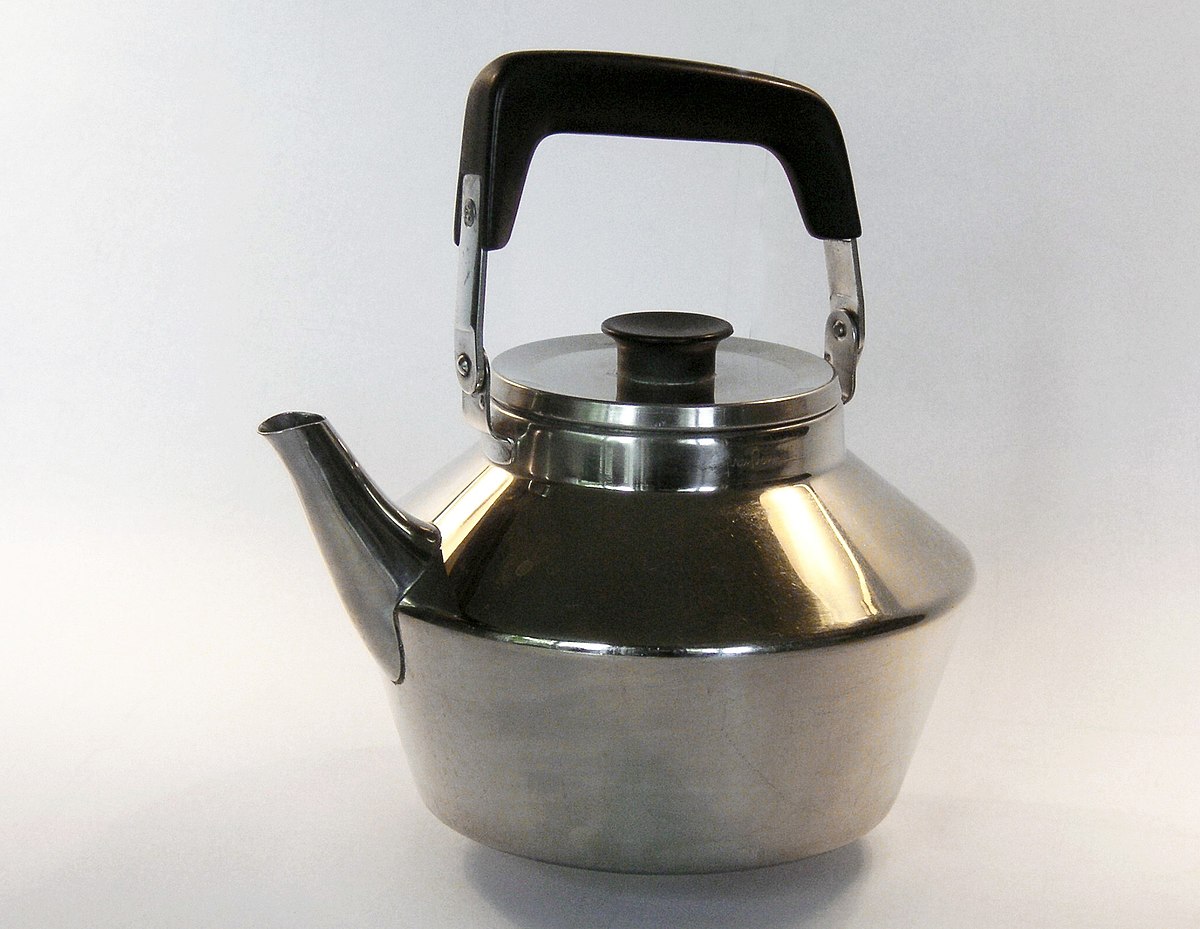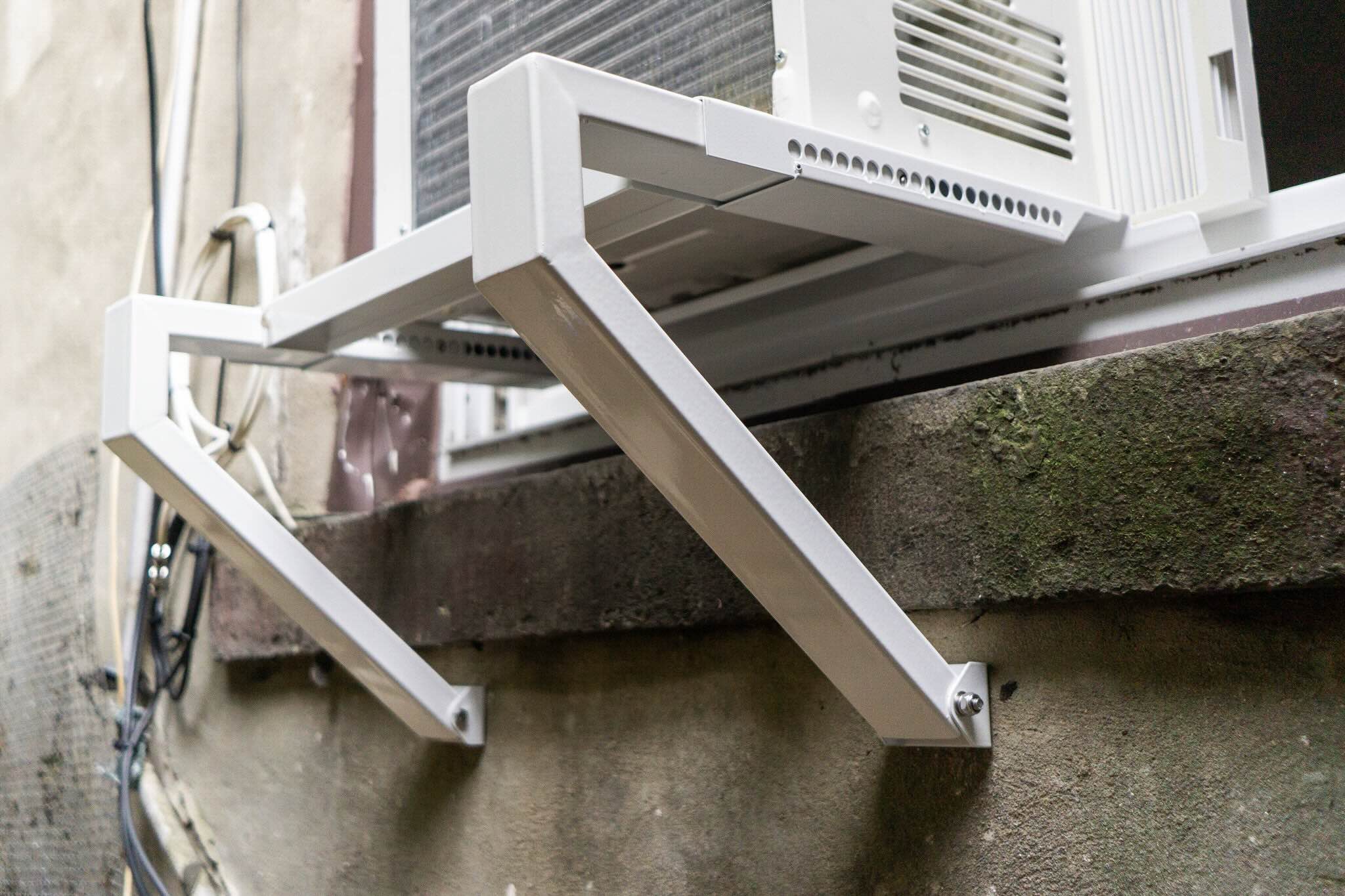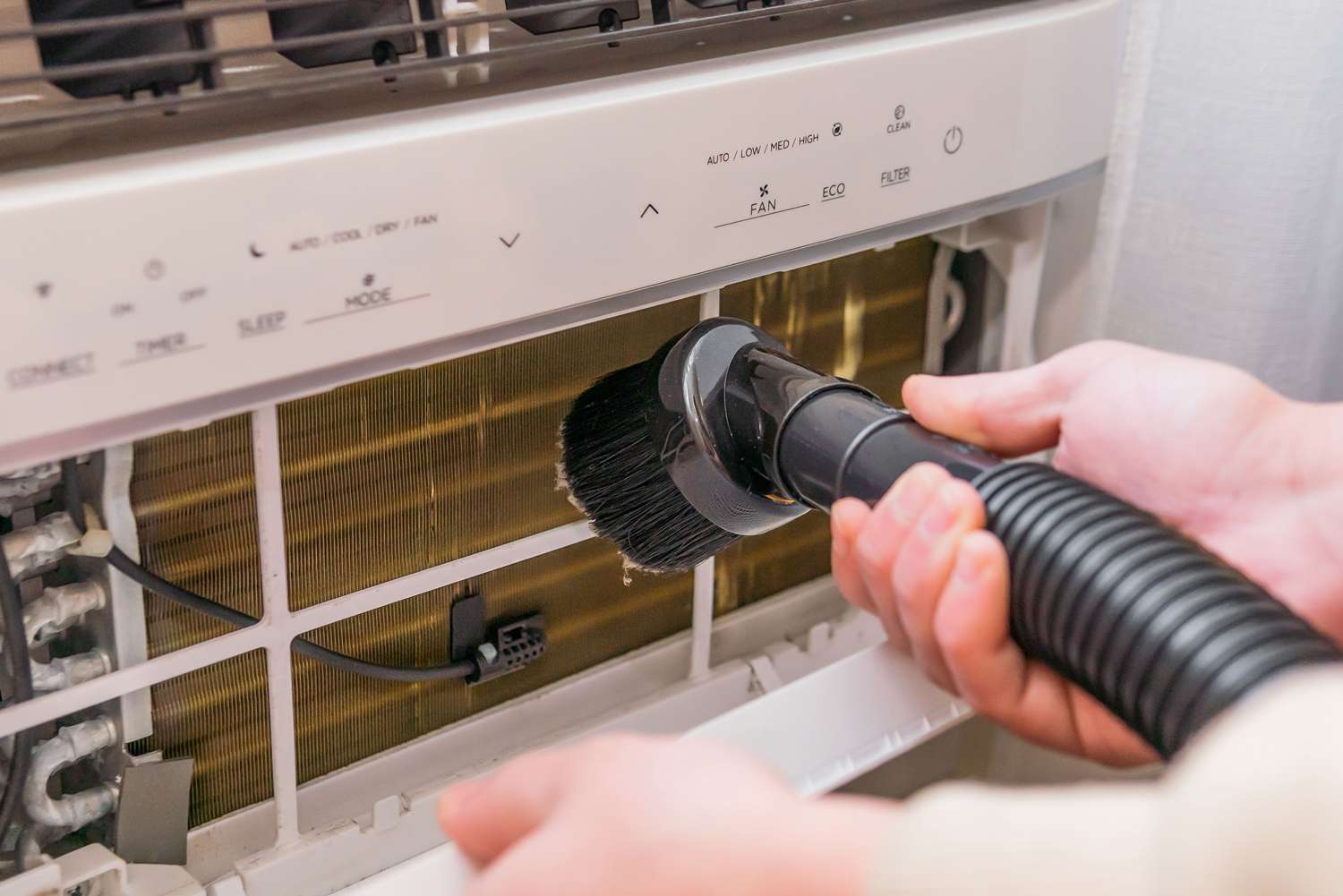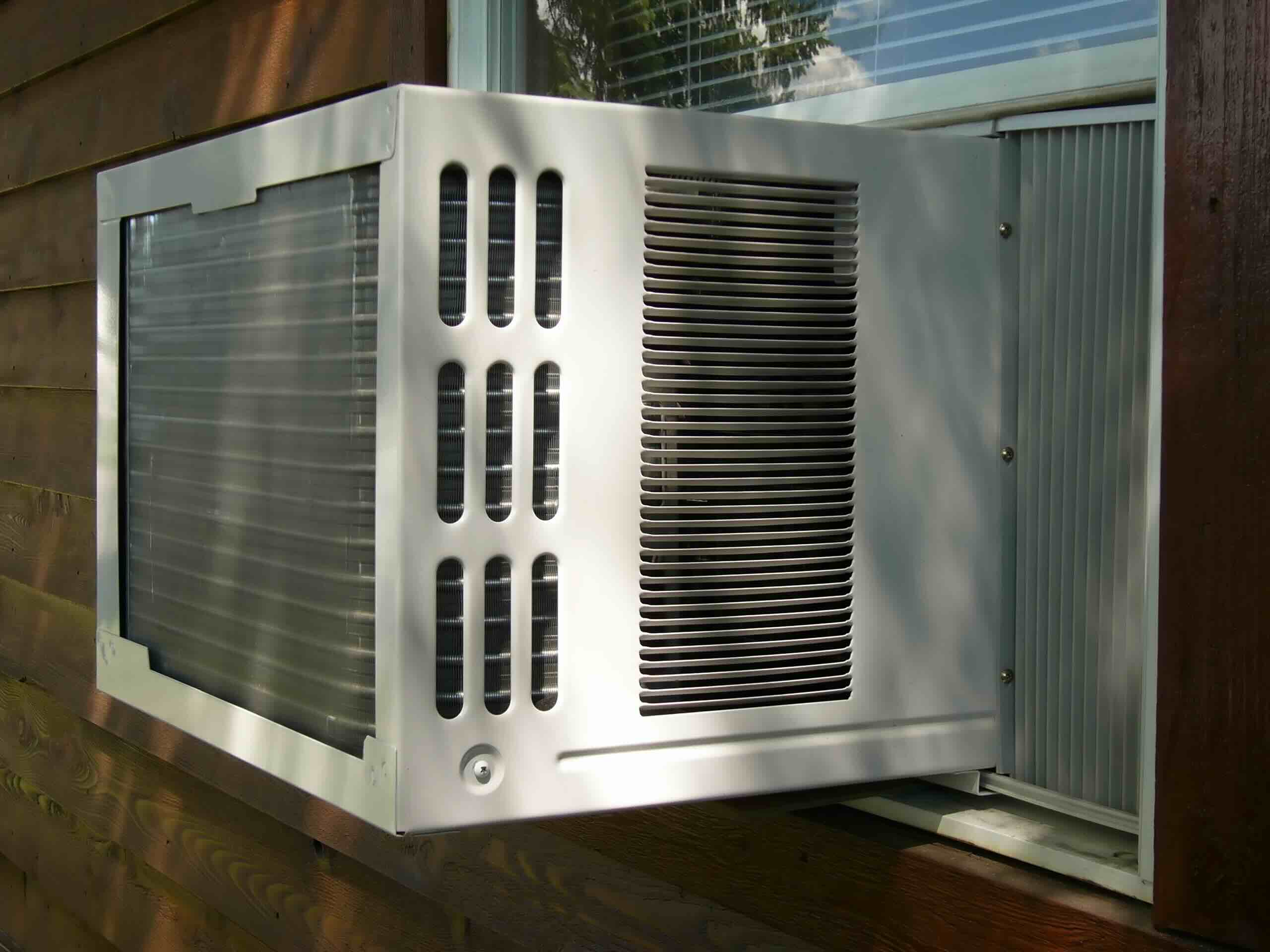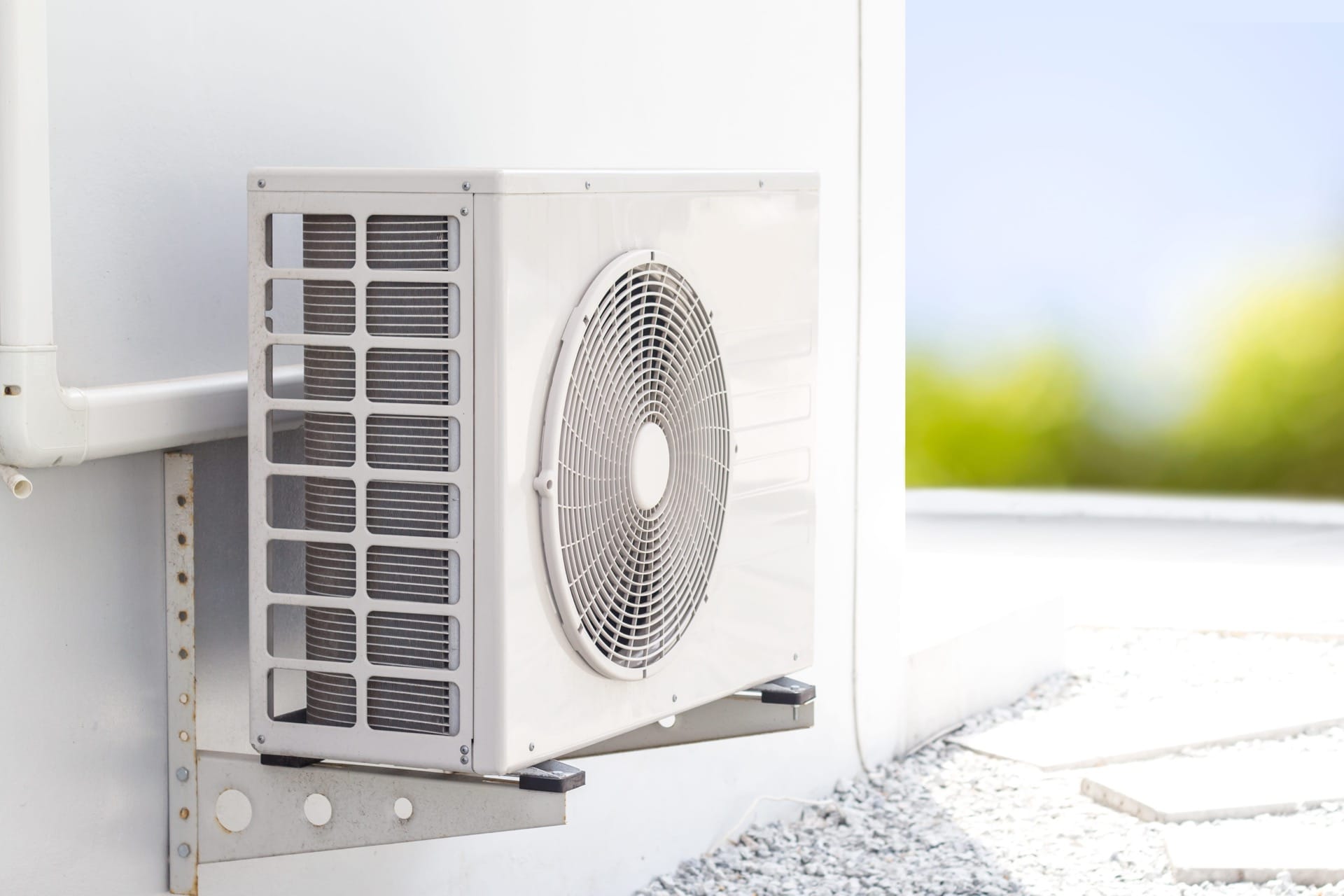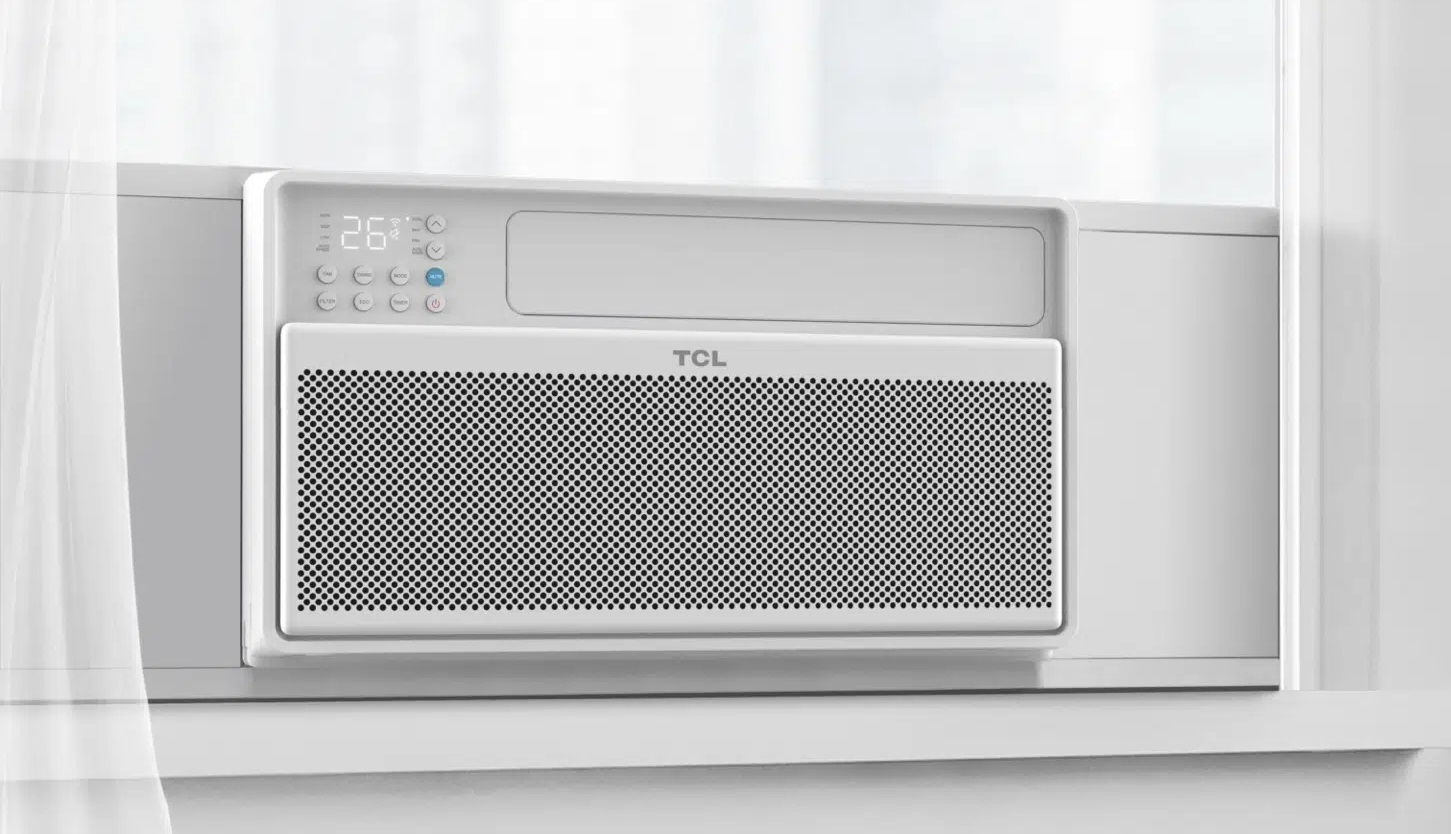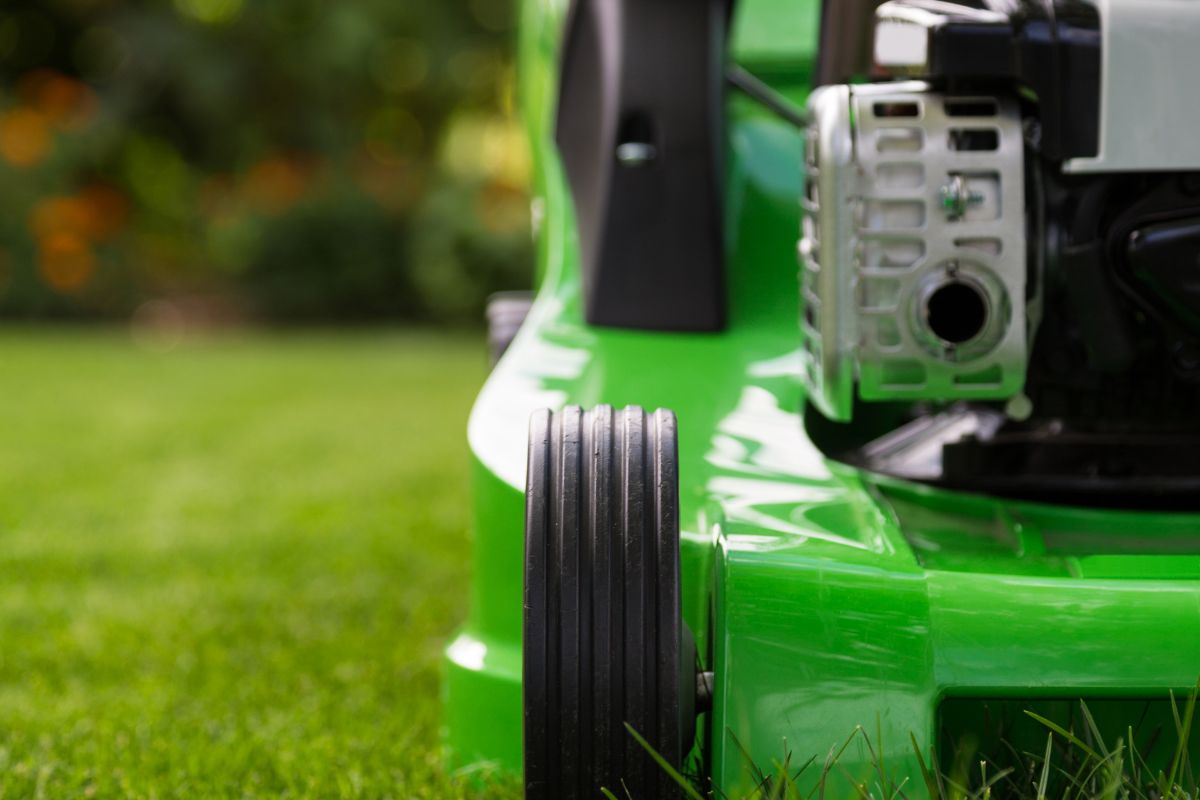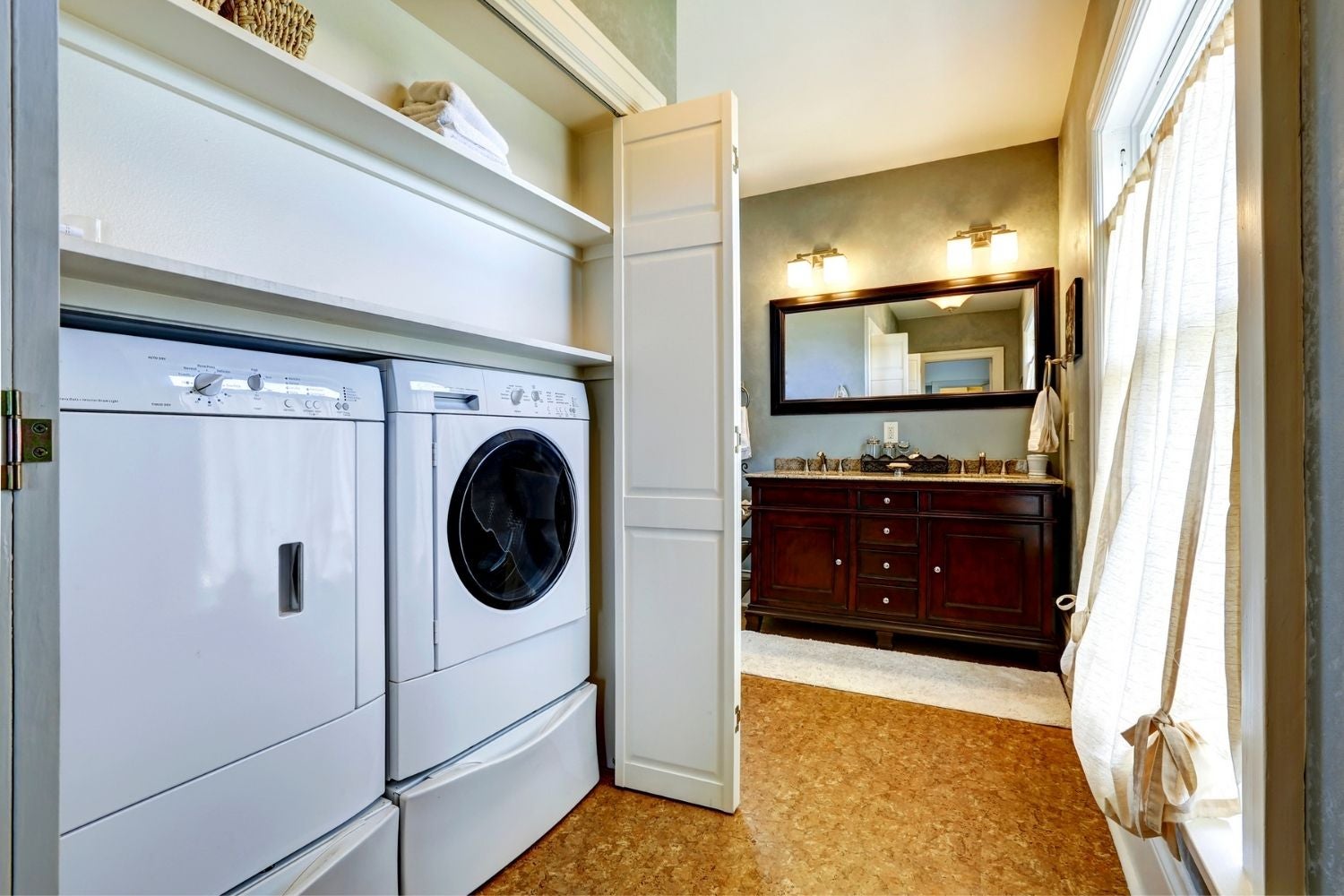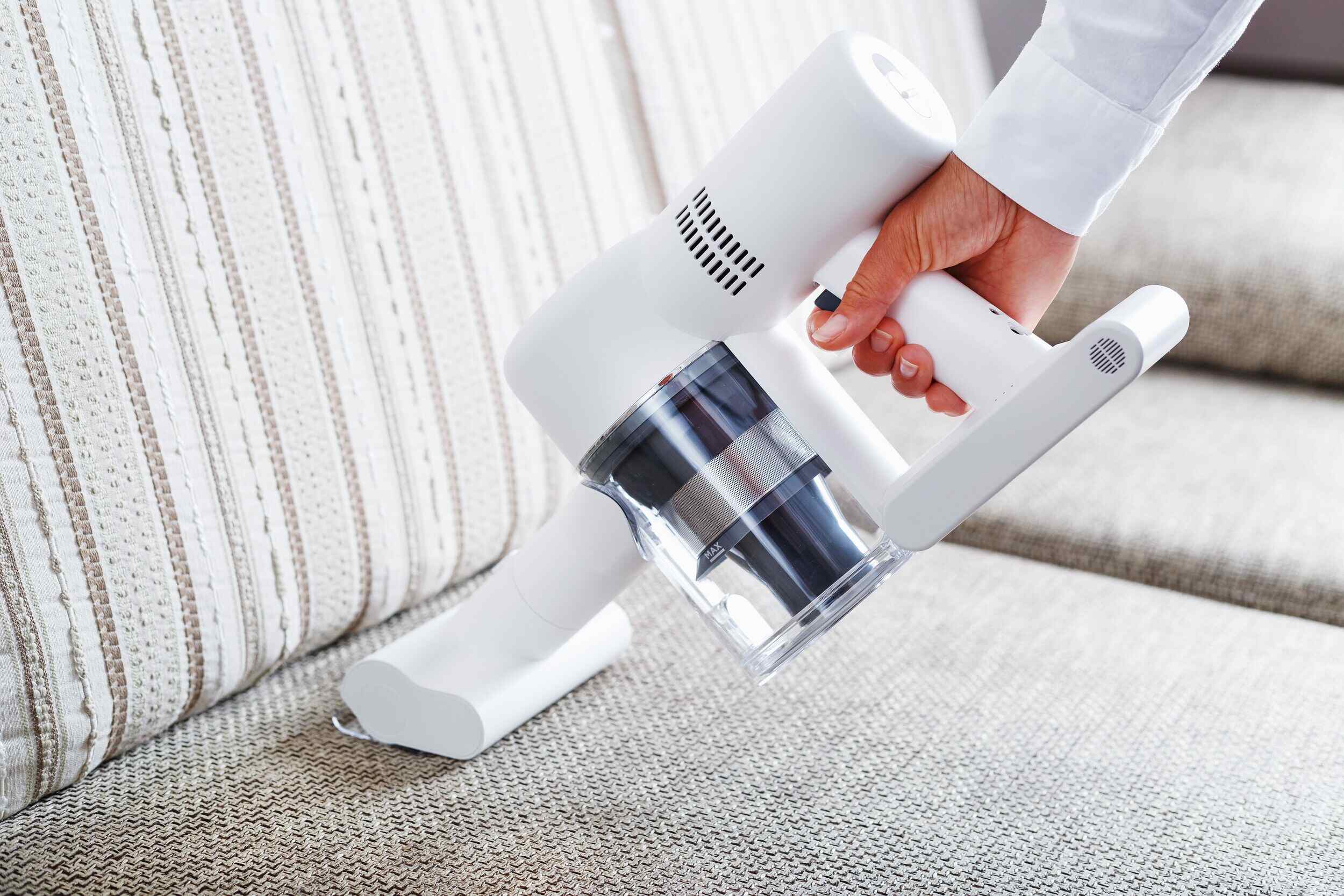Home>Home Maintenance>How Long Should A Window Air Conditioner Last
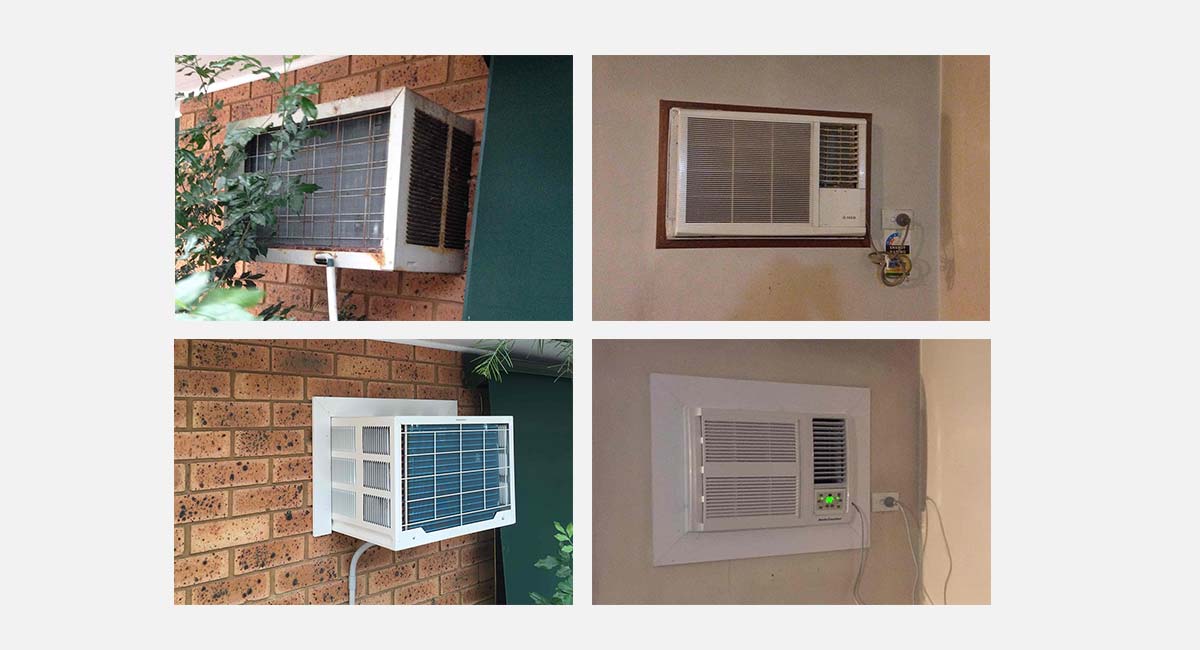

Home Maintenance
How Long Should A Window Air Conditioner Last
Modified: March 7, 2024
Find out the average lifespan of a window air conditioner and how to maximize its longevity. Expert tips for home maintenance to keep your AC running efficiently.
(Many of the links in this article redirect to a specific reviewed product. Your purchase of these products through affiliate links helps to generate commission for Storables.com, at no extra cost. Learn more)
Introduction
A window air conditioner is a valuable appliance that provides comfort and relief during the hot summer months. It is a convenient cooling solution for small spaces or rooms that lack central air conditioning. However, like any other appliance, a window air conditioner has a lifespan, and it is important to understand how long it is expected to last.
While the lifespan of a window air conditioner can vary depending on various factors, such as usage, maintenance, and quality of the unit, it is generally expected to last between 8 to 15 years. This range provides an estimate of the average lifespan, but it is important to note that some units may last longer with proper care, while others may experience issues sooner.
Understanding the factors that affect the lifespan of a window air conditioner can help you determine how to maximize its longevity and efficiency. By identifying common signs of wear and tear, knowing how to extend the lifespan, and recognizing when it’s time to consider a replacement, you can ensure that your window air conditioner continues to provide cool comfort for years to come.
Key Takeaways:
- Window air conditioners typically last between 8 to 15 years, but proper maintenance, cleaning, and addressing issues promptly can help extend their lifespan.
- Signs of wear and tear, such as reduced cooling efficiency and strange noises, indicate the need for professional maintenance or possible replacement. Regular care and timely repairs can keep your unit running smoothly.
Read more: How Long Should An Air Mattress Last
Factors affecting the lifespan of a window air conditioner
Several factors can influence the lifespan of a window air conditioner. By understanding these factors, you can take proactive steps to extend the life expectancy of your unit:
- Quality of the unit: The quality of the window air conditioner plays a crucial role in determining its lifespan. Higher-quality units are often built with durable materials and components that are designed to withstand regular usage and wear.
- Usage and maintenance: The frequency and duration of usage, as well as the level of maintenance performed on the unit, directly impact its lifespan. Regular cleaning, such as removing dirt and dust from the air filters, coils, and vents, helps to maintain proper airflow and prevent strain on the unit.
- Environmental conditions: The climate and environmental conditions in which the window air conditioner operates can affect its lifespan. Extreme temperatures, high humidity levels, and exposure to debris or pollutants can contribute to wear and tear on the unit over time.
- Installation: Proper installation is crucial for the longevity of a window air conditioner. If it is not installed correctly, it can result in improper cooling, increased energy consumption, and added strain on the unit, which can shorten its lifespan.
- Manufacturer’s warranty: The manufacturer’s warranty can provide valuable insights into the expected lifespan of a window air conditioner. Quality manufacturers often offer longer warranties, indicating their confidence in the durability and reliability of their product.
- Frequency of repairs: If a window air conditioner requires frequent repairs, it may be a sign of underlying issues that can shorten its lifespan. It is important to address any repair needs promptly and seek professional assistance when necessary.
By considering these factors and taking appropriate actions, you can prolong the lifespan of your window air conditioner and ensure optimal performance for many years.
Common signs of wear and tear
Over time, a window air conditioner may show signs of wear and tear. Recognizing these signs can help you identify when your unit may require maintenance or replacement. Here are some common signs to look out for:
- Reduced cooling efficiency: If your window air conditioner is no longer cooling your space as effectively as it used to, it may be a sign of wear and tear. This could be caused by issues such as a clogged filter, dirty condenser coils, or refrigerant leaks.
- Strange noises: Unusual noises, such as grinding, rattling, or squealing, coming from your air conditioner can indicate worn-out or damaged components. It is important to address these noises promptly to avoid further damage and prevent potential breakdowns.
- Increased energy consumption: If you notice a significant increase in your energy bills without a corresponding increase in usage or external factors, it could be a sign of an inefficient window air conditioner. Aging components may require more energy to operate, resulting in higher energy consumption.
- Leaks or moisture accumulation: Excessive condensation, water leaks, or moisture accumulation around your window air conditioner can be signs of a problem. It could indicate issues with the condensate drain or refrigerant leaks, which should be addressed promptly to prevent further damage.
- Frequent cycling on and off: If your air conditioner constantly cycles on and off without reaching the desired temperature or if it frequently short cycles, it may be a sign of a worn-out compressor or an issue with the thermostat. This can put additional stress on the unit and shorten its lifespan.
- Visible signs of damage: Physical damage to the unit, such as bent fins, cracks, or corroded components, can indicate wear and tear. These issues can compromise the overall performance and efficiency of the air conditioner.
If you notice any of these signs, it is advisable to consult a professional HVAC technician. They can assess the condition of your window air conditioner and recommend the necessary repairs or replacements to ensure its continued functionality.
Regular maintenance and cleaning can help extend the lifespan of a window air conditioner. This includes cleaning or replacing the filter, checking for any leaks or damage, and ensuring proper ventilation around the unit.
How to extend the lifespan of your window air conditioner
Proper maintenance and care can significantly extend the lifespan of your window air conditioner. Here are some tips to help you keep your unit running smoothly for years to come:
- Regular cleaning: Clean the air filters, condenser coils, and vents on a regular basis. This helps maintain proper airflow, prevents debris buildup, and reduces strain on the unit.
- Keep the area around the unit clear: Ensure that there are no obstructions, such as furniture or curtains, blocking the airflow around the unit. This allows for proper ventilation and prevents the air conditioner from working harder than necessary.
- Check and maintain the condensate drain: Regularly inspect the condensate drain and ensure that it is clear of any blockages. A clogged drain can lead to water leaks or excess moisture accumulation, which can damage the unit.
- Adjust the thermostat settings: Set the thermostat to a comfortable temperature rather than pushing it to the lowest setting. This reduces the strain on the compressor and helps improve energy efficiency.
- Use programmable timers or smart thermostats: By utilizing timers or smart thermostats, you can regulate the usage of your window air conditioner and reduce unnecessary wear and tear.
- Protect the unit during winter: If you live in an area with cold winters, remove the window air conditioner or cover it with a weatherproof cover to protect it from harsh weather conditions.
- Schedule regular professional maintenance: It is recommended to have your window air conditioner inspected and serviced by a professional HVAC technician at least once a year. They can identify any potential issues and perform necessary maintenance to keep your unit in optimal condition.
Following these maintenance practices can help prolong the lifespan of your window air conditioner and ensure efficient cooling for years to come. Remember to always refer to the manufacturer’s guidelines for specific maintenance instructions and recommendations.
When to consider replacing your window air conditioner
While proper maintenance and care can extend the lifespan of your window air conditioner, there comes a time when replacement is necessary. Here are some signs that indicate it may be time to consider replacing your unit:
- Age: As a general rule of thumb, if your window air conditioner is over 10-15 years old, it may be nearing the end of its lifespan. Older units are more prone to breakdowns and may not operate as efficiently as newer models.
- Frequent breakdowns: If your air conditioner requires frequent repairs or is experiencing significant issues despite regular maintenance, it may be more cost-effective to replace it rather than continually investing in repairs.
- Decreased energy efficiency: An old or inefficient window air conditioner may consume more energy and lead to higher energy bills. Upgrading to a newer, energy-efficient model can result in substantial energy savings over time.
- Insufficient cooling: If your window air conditioner is no longer effectively cooling your space or if you have noticed a decline in its cooling capacity, it may be time to upgrade to a more powerful unit.
- Noise and vibration: Excessive noise, vibrations, or strange sounds coming from your air conditioner could indicate internal issues or worn-out components. A new unit can provide a quieter and more comfortable cooling experience.
- Outdated features: If your current window air conditioner lacks modern features, such as programmable settings, remote control operation, or energy-saving modes, you may want to consider upgrading to a newer model that offers these enhancements.
When deciding to replace your window air conditioner, it is essential to consider factors such as its age, repair history, energy efficiency, and your specific cooling needs. Consulting with a professional HVAC technician can help you determine the most suitable replacement option based on your budget and requirements.
Replacing your window air conditioner with a newer, more efficient model can not only improve your comfort but also provide long-term savings and peace of mind knowing that you have a reliable cooling solution in place.
Read more: How Long Should Pillows Last
Conclusion
A window air conditioner is a valuable appliance that provides cooling comfort in smaller spaces or rooms without central air conditioning. Understanding the factors that affect its lifespan, recognizing signs of wear and tear, and knowing how to extend its lifespan are crucial for maintaining optimal performance and efficiency.
By considering factors such as the quality of the unit, usage, maintenance, environmental conditions, and manufacturer’s warranty, you can have a better idea of how long your window air conditioner is expected to last. Regular maintenance, including cleaning filters and coils, keeping the area around the unit clear, and addressing any issues promptly, can help extend its lifespan.
However, there may come a time when replacing your window air conditioner is necessary. Signs such as age, frequent breakdowns, decreased energy efficiency, insufficient cooling, excessive noise, and outdated features are indicators that it may be time for an upgrade.
Remember, when replacing your window air conditioner, consider factors like the unit’s age, repair history, energy efficiency, and your specific cooling needs. Consulting with a professional HVAC technician can help you make an informed decision and choose the most suitable replacement option.
Ultimately, by understanding how to care for and maintain your window air conditioner, you can enjoy its cooling benefits for many years to come. Regular maintenance, timely repairs, and knowing when to replace the unit will ensure that you have a reliable and efficient cooling solution to keep you comfortable during the hot summer months.
So, take the necessary steps to care for your window air conditioner, and enjoy cool and refreshing air for as long as possible!
Frequently Asked Questions about How Long Should A Window Air Conditioner Last
Was this page helpful?
At Storables.com, we guarantee accurate and reliable information. Our content, validated by Expert Board Contributors, is crafted following stringent Editorial Policies. We're committed to providing you with well-researched, expert-backed insights for all your informational needs.
